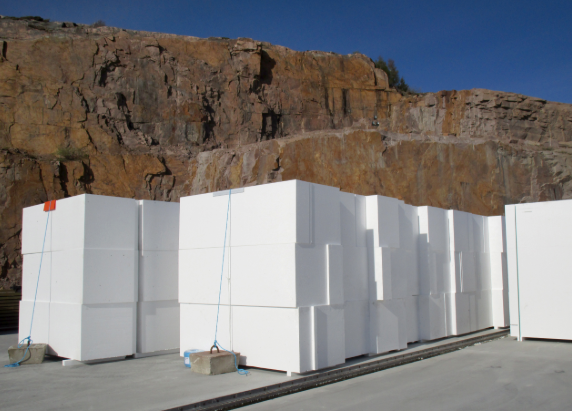Pain at the port: Shipping slowdown impacting U.S. workers, smaller retailers
Tariffs are reducing the flow of containers into the ports of Los Angeles and Long Beach, impacting not only dockworkers, warehouse workers and truckers, but also ...

LOS ANGELES — The impact of President Donald Trump‘s tariff policies is impacting local and regional economies along with global trade, according to a recent article in The Wall Street Journal.
According to WSJ reporter Paul Berger in a LinkedIn response to the story, tariffs are reducing the flow of containers into the ports of Los Angeles and Long Beach, impacting not only dockworkers, warehouse workers and truckers, but also “local restaurants, truck dealerships and repair shops.”
Berger adds that in Los Angeles County, there are 360,000 trade and logistic jobs and 320,000 manufacturing jobs, and that in Southern California, trade and logistics “directly employs about 900,000 people, generating $500 billion in economic output across the region according to the Los Angeles County Economic Development Corp.
See also:
- New survey shows only 20% of Americans ready to absorb tariff price increases
- Trump extends EU tariff deadline to July 9
In the furniture industry, one importer who spoke on condition of anonymity said that his shipping has decreased from approximately 12 per month to three containers in the past two months, and that these containers represented “items we just had to absolutely get out or it would’ve been zero.” He added that China’s mixability for containers surpasses other countries like Vietnam where minimum order requirements (MOQ) are 30 per SKU while his Chinese factory can offer five per SKU, a key factor in profitability for many retailers.
“Those mom-and-pop stores or even two-store chains can’t handle those quantities, so it’s forcing them out further on being competitive,” he said. “Having to buy from domestic warehouses vs. direct is a tough place to be.”
What's Your Reaction?











































